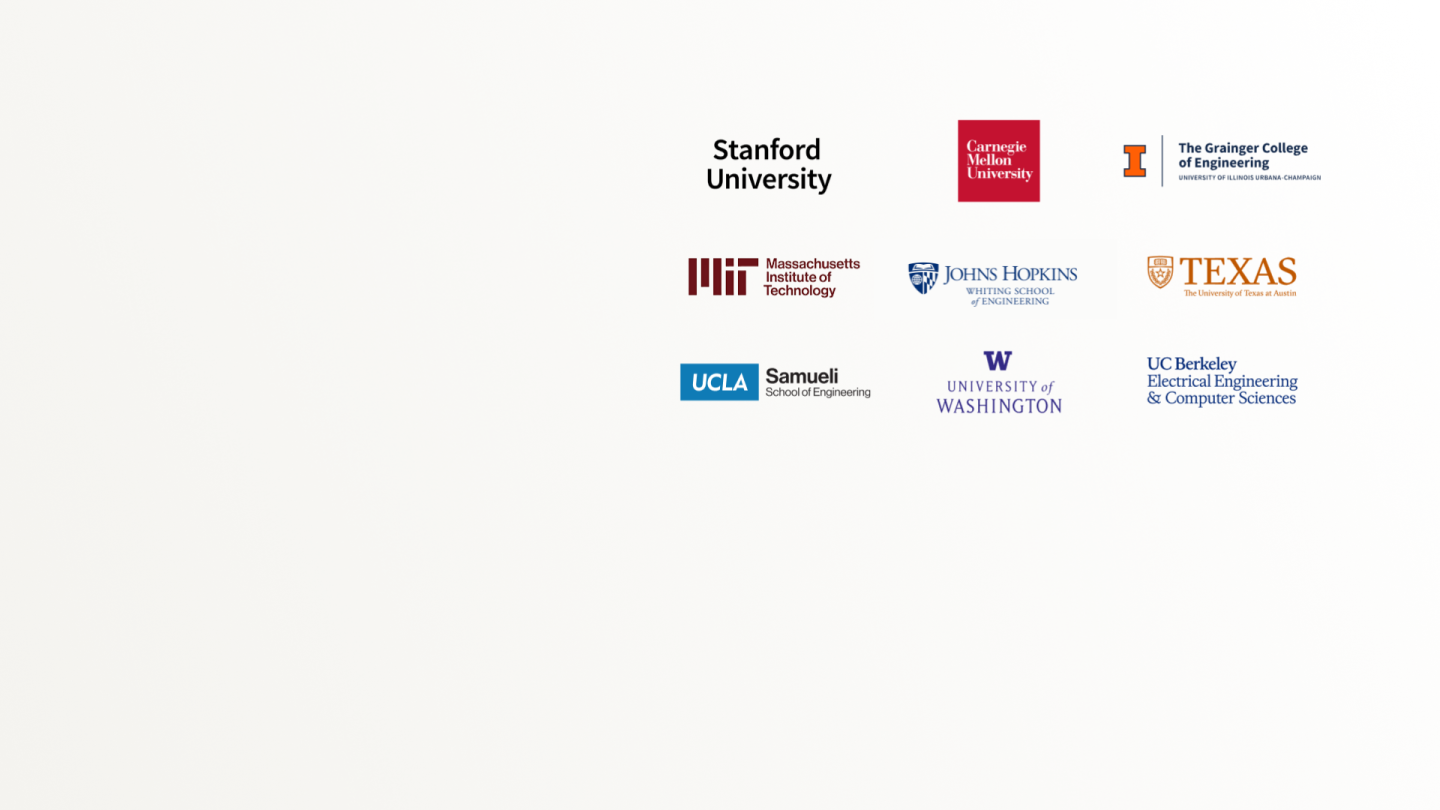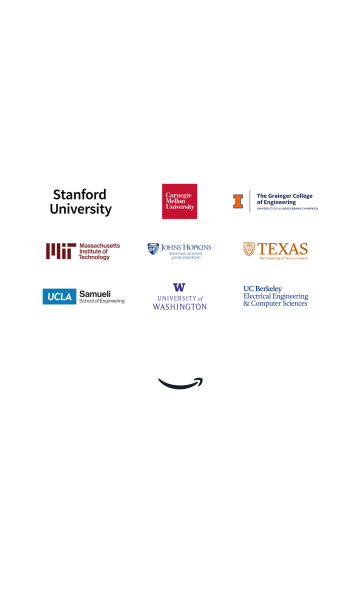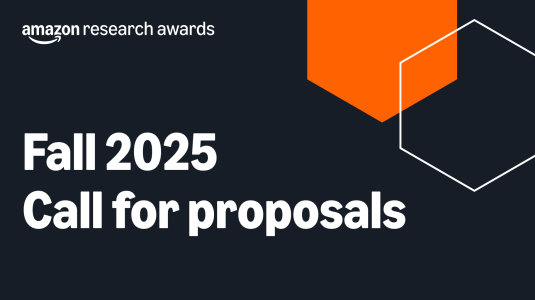Customer-obsessed science


Research areas
-
September 26, 2025To transform scientific domains, foundation models will require physical-constraint satisfaction, uncertainty quantification, and specialized forecasting techniques that overcome data scarcity while maintaining scientific rigor.
-
Featured news
-
ACL 2025 Workshop on Research on Agent Language Models2025Developing language model-based dialogue agents requires effective data to train models that can follow specific task logic. However, most existing data simulation methods focus on increasing diversity in language, topics, or dialogue acts at the utterance level, largely neglecting a critical aspect of task logic diversity at the dialogue level. This paper proposes a novel data simulation method designed
-
Evaluating long-form AI-generated content remains challenging due to the lack of standardized methodologies that robustly align with human judgment across formats such as articles, blogs, and essays. We introduce HALF-Eval, a scalable framework that combines structured, checklist-based evaluation with machine learning aggregation to assess key quality dimensions, including creativity, impact, coherence
-
Humor is a complex yet essential aspect of human communication. It can be defined as a communicative expression establishing surprising, incongruent relationships or meanings to amuse. This paper presents empirical evidence demonstrating the successful application of computational methods to humor recognition in AI generated textual data, specifically jokes. Through experiments on synthetic and open-source
-
Offsite marketing is essential in e-commerce, enabling businesses to reach customers through external platforms and drive traffic to retail websites. However, most current offsite marketing content is overly generic, template-based, and poorly aligned with landing pages, limiting its effectiveness. To address these limitations, we propose MarketingFM, a retrieval-augmented marketing content generation system
-
2025The increasing complexity and fragmentation of financial systems in large organizations have created significant challenges for financial teams, particularly in performing real-time, end-to-end validation, as existing validation methods relying on static rules or batch processing are often inadequate for today’s dynamic financial environments. This paper introduces a novel approach using Large Language
Conferences
Collaborations
View allWhether you're a faculty member or student, there are number of ways you can engage with Amazon.
View all














































